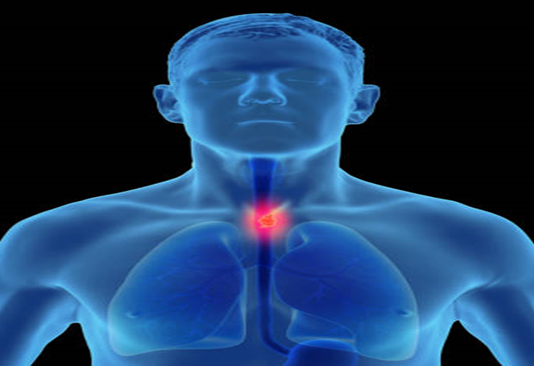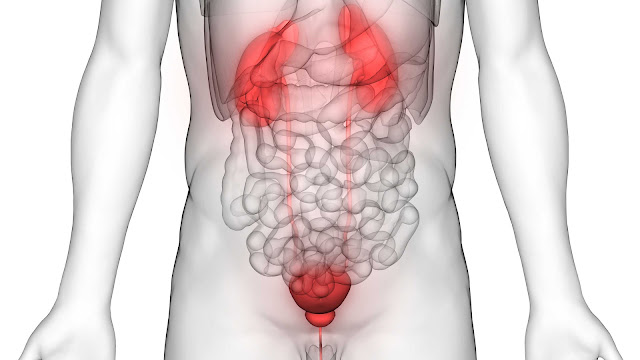What is Esophageal cancer and its Symptoms| Onco clinics

What is Esophageal cancer? Esophageal cancer is cancer that develops in the tissues that line the esophagus (the muscular tube through which food passes from the throat to the stomach). Esophageal cancer normally starts in the cells lining the esophagus's interior. Esophageal cancer can develop at any point in the esophagus. Esophageal cancer affects more men than women. Types: Squamous cell cancer starts in the cells lining the esophagus, The upper and middle parts of the esophagus are commonly affected by this malignancy. Adenocarcinoma arises in the mucus-producing tissue that aids in swallowing. It usually develops in the esophagus's lower section. Causes: Esophageal cancer is more common in adults over the age of 60 than in people under the age of 60. Male gender: Men are three times as likely as women to develop the condition. Tobacco use involves both smoking and chewing tobacco. Chronic and/or heavy alcohol consumption raises the risk of esophageal cancer. Occupatio...
